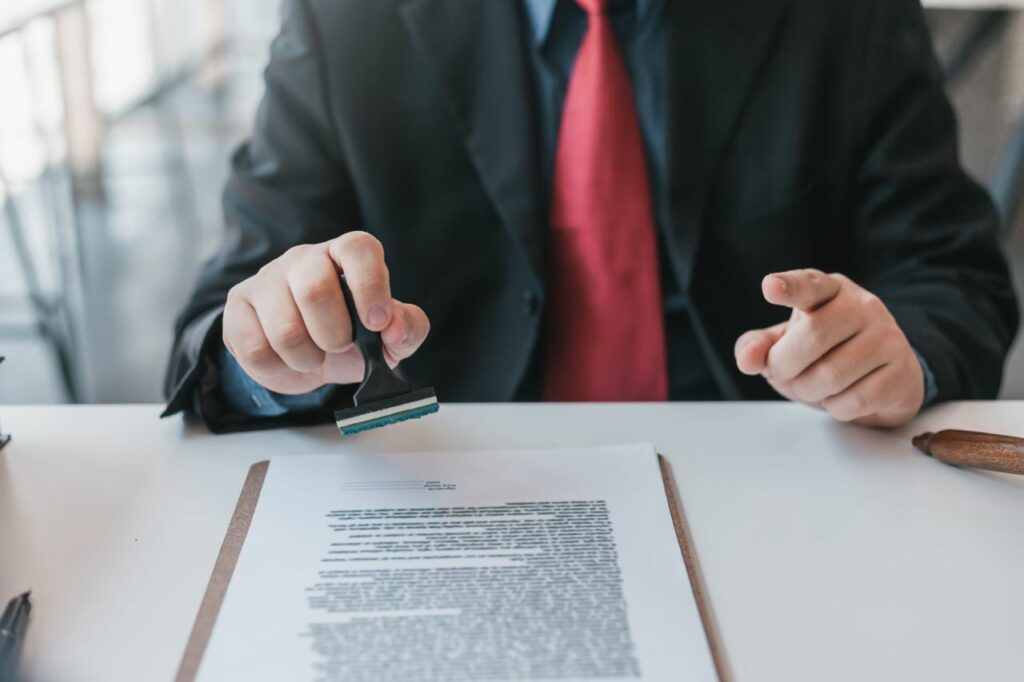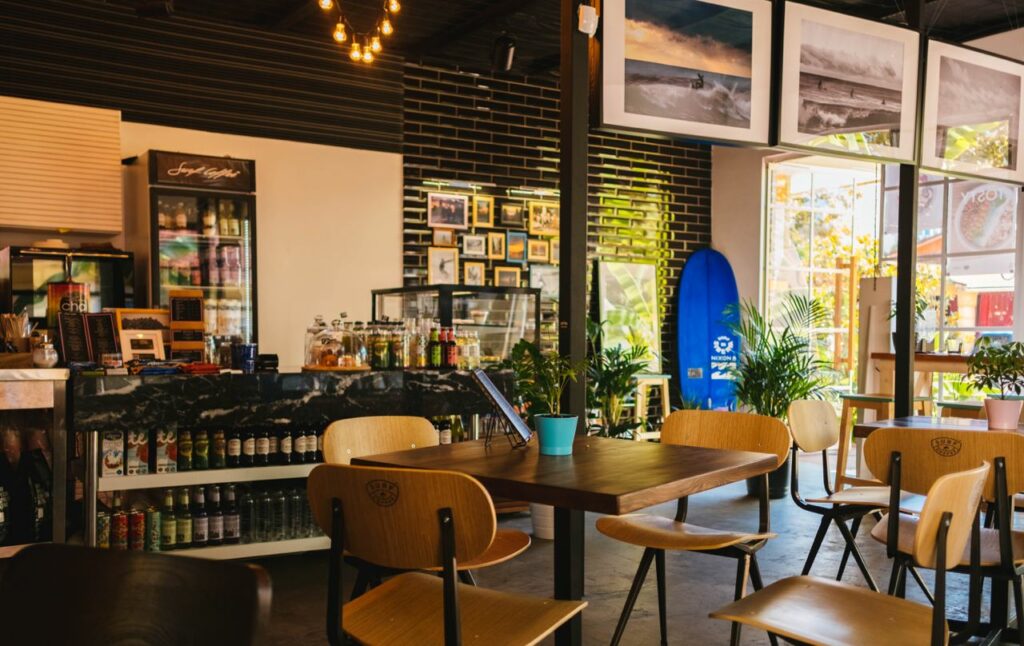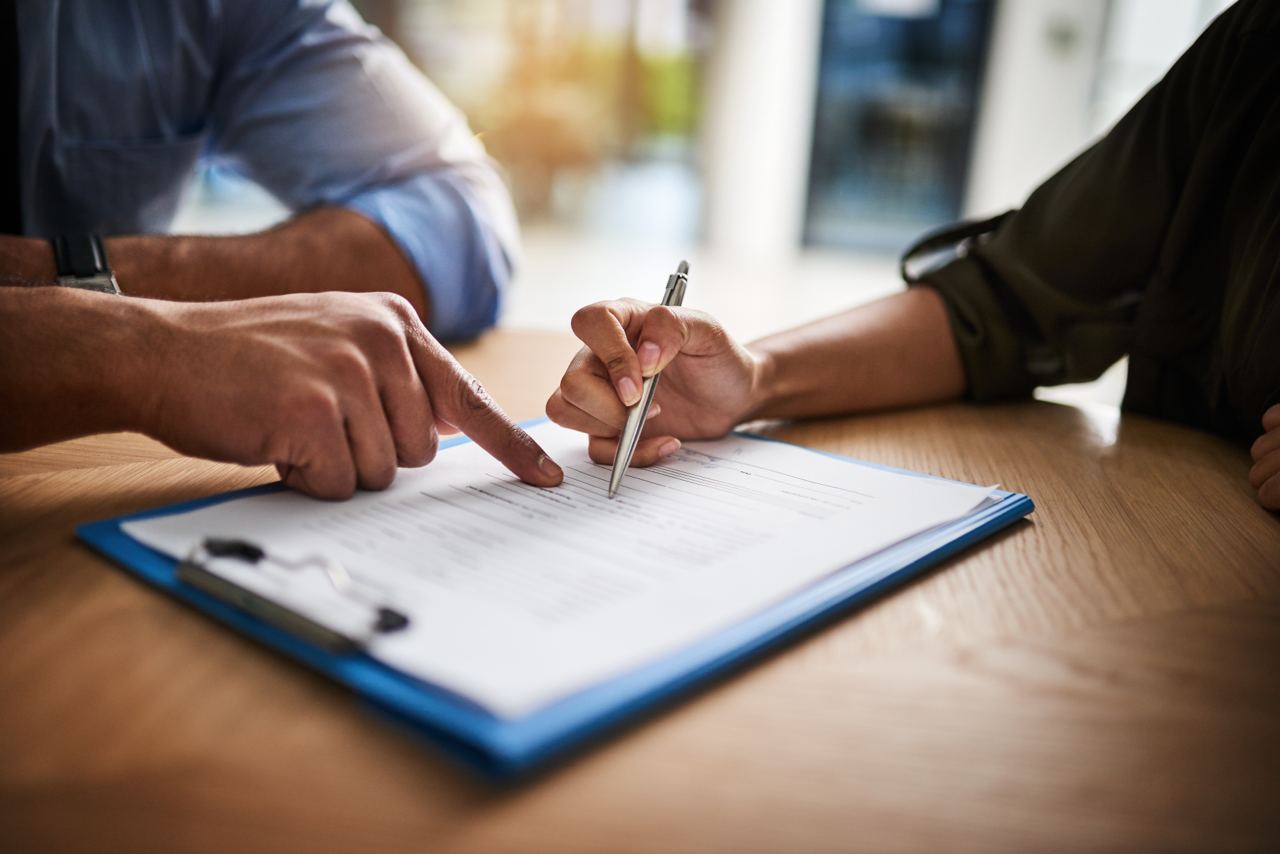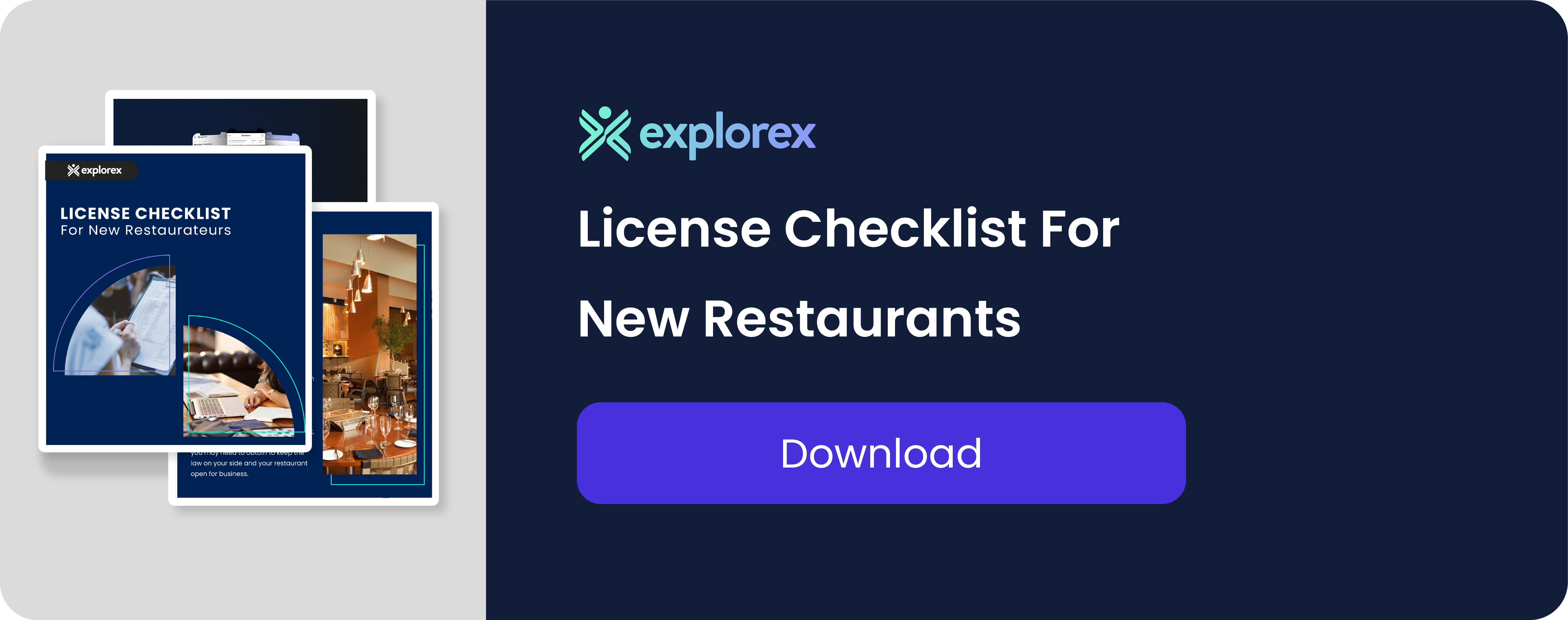Restaurant licenses and permits are like the superhero capes that protect your restaurant from legal troubles. They are official documents that give you permission to operate your restaurant in accordance with certain regulations and standards. Think of it like a license to drive a car or a permit to build a house – without it, you’re in trouble!
These licenses and permits cover a wide range of areas, from food safety to building codes to zoning laws. They’re important because they ensure that your restaurant is up to par with the government’s requirements and that you’re keeping your customers safe and happy.
So, before you put on your chef’s hat and start cooking up a storm, make sure you have all the necessary licenses and permits to keep your restaurant running smoothly and legally.

Let’s first dive deep into what restaurant licenses and permits are
A restaurant owner must obtain various licenses and permits before they can legally operate their establishment. These documents typically require the restaurant to meet specific health, safety, and sanitation standards. For example, a health department inspection may be required to obtain a food service establishment permit. The inspection will typically evaluate the restaurant’s food storage, preparation, and cooking methods, as well as the cleanliness of the facility.
In addition to the food service establishment permit, a restaurant may also need to obtain a liquor license if they plan to serve alcohol. The specific requirements for obtaining a liquor license vary depending on the state and locality. For example, some states may require the restaurant to hold a separate permit for serving alcohol, while others may require the restaurant to meet certain zoning or occupancy requirements.
Other licenses and permits that a restaurant owner may need to obtain include a business license, fire safety permit, and occupancy permit. These documents ensure that the restaurant meets all the necessary legal requirements for operating a business in the given jurisdiction.

But, are these Licenses and permits important?
Yes, they definitely are restaurant licenses and permits are essential for operating a food establishment in India, as they ensure that the restaurant meets certain health, safety, and sanitation standards. These licenses and permits are issued by various government agencies at the local, state, and national levels, and failure to obtain the required licenses and permits can result in fines and other penalties.
The importance of restaurant licenses and permits in India can be highlighted by the fact that these documents are required by law. For example, under the Food Safety and Standards Act, 2006, any person who operates a food business must obtain a license or registration certificate from the Food Safety and Standards Authority of India (FSSAI). The FSSAI is responsible for ensuring that food businesses comply with various food safety and quality standards, and failure to obtain the required license or registration can result in penalties such as fines or imprisonment.
In addition to the FSSAI license or registration, restaurants in India may also need to obtain other licenses and permits, such as a trade license, fire safety certificate, and pollution control certificate, depending on the specific requirements of their local jurisdiction. Failure to obtain these licenses and permits can result in fines, closure of the establishment, or even legal action.
The fines and punishments for not having the required licenses and permits can differ based on the specific offense. For instance, operating a business without a trade license may attract a penalty ranging from a few thousand to several lakh rupees, depending on the severity of the violation. Similarly, serving alcohol to a minor in our restaurant may result in a fine of up to $1,000, suspension of our liquor license, or both.
The jurisdiction in which the offense occurred also plays a vital role in determining the penalties and fines. For instance, the penalties for operating without a license may differ in different states or cities in India. Additionally, certain industries may have specific requirements for licenses and permits, and the penalties for violating these requirements may also differ.
If you’re planning to open a restaurant, make sure you’ve got your licenses and permits in check, otherwise, you might end up being fined for breaking the law. There are a bunch of different categories under which you could be fined, so it’s crucial to know the basics that every restaurant needs to start off with.

Firstly, you’ll need a Business Registration License, which is pretty much the foundation of your restaurant’s legal existence. This license shows that you’re a legit business and that you’re allowed to operate in your specific location.
Next up is the Food Safety and Standards Authority of India (FSSAI) License. This one is essential for any food business as it ensures that your restaurant is adhering to all the food safety guidelines and regulations set by the government. This license also gives your customers peace of mind, knowing that the food they’re consuming is safe and hygienic.
If you plan on serving alcohol, you’ll also need to get a Liquor License. This license permits you to sell and serve alcohol on your premises. Make sure to check the specific regulations in your state, as the process of obtaining a liquor license can vary depending on where you are.
Finally, you’ll need to get a Health/Trade License. This license ensures that your restaurant is complying with all the health and safety regulations set by the local government. This includes having proper sanitation facilities, maintaining a clean environment, and ensuring that your staff is trained in food safety and hygiene.
However, that’s not all. There are certain licenses and permits that are often overlooked, but are crucial for any restaurants
Did you know if your restaurant has a rooftop seating area, you’ll need to obtain a No Objection Certificate (NOC) from the Fire Department. It’s a quirky permit that ensures the safety of customers in case of a fire emergency. Without this permit, your restaurant could be shut down in no time! Nobody wants to dine in a fire hazard, right?
Similarly, if you’re planning on playing music in your restaurant, you’ll need to obtain a Phonographic Performance Limited (PPL) License. It’s a license that allows you to play music in your restaurant without getting into legal trouble for copyright infringement. Without this license, you could be fined for playing music without permission. Imagine a restaurant without any music playing in the background – it would be too quiet!
Also If you’re planning on displaying any advertisements or hoardings for your restaurant, you’ll need to obtain a Signage License. It’s a permit that allows you to advertise your restaurant in public spaces without getting into trouble for breaking any laws. Without this license, you could be fined for advertising without permission. You don’t want to end up in a legal tangle, right?
And If you’re planning on using a generator or an inverter as a backup power source for your restaurant, you’ll need to obtain a Generator License. It’s a permit that ensures that your backup power source is safe to use and won’t cause any power fluctuations that could damage your electrical equipment. Without this license, you could be in trouble for using an unsafe backup power source.

Next how do you establish what licenses and permits you need for your restaurant type?
1. Do some research:
Every state and city has its own set of rules and regulations regarding licenses and permits for restaurants, so make sure to research what applies to your specific location.
2. Consult with an expert:
Consider reaching out to a lawyer or a consultant who specializes in restaurant licensing and permits. They can guide you through the process and help you navigate the complexities of the regulations. Plus, who doesn’t love feeling like a pro with an expert by their side?
3. Check with industry associations:
Industry associations like the National Restaurant Association or the State Restaurant Association can provide you with resources and information about the necessary licenses and permits for the restaurant industry. They might even have some tips and tricks up their sleeve!
4. Talk to your local government agencies:
Reach out to your local health department, fire department, or building and safety department, which oversee restaurant licensing and permits. They can provide you with the specific requirements and applications needed for your restaurant. Plus, who knows, you might just make a new friend at the local government agency!

Obtaining the necessary licenses and permits for your restaurant can be a daunting and overwhelming task, especially for new restaurant owners. However, it is crucial to take the necessary steps to ensure compliance with local regulations and avoid legal issues in the future.
While it may take time and effort to navigate the process, taking it one step at a time can help you to ensure that your restaurant is operating legally and is poised for success. With patience, diligence, and a commitment to following regulations, you can set your restaurant up for long-term success.





